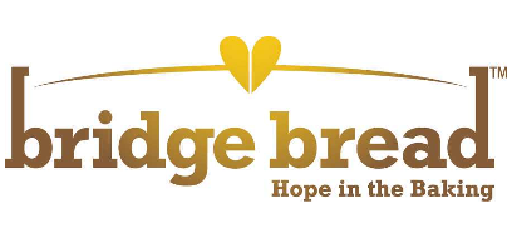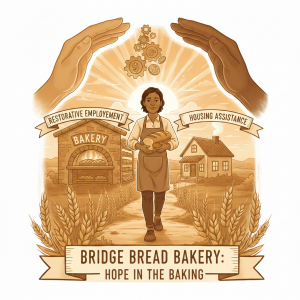What might cause homelessness?
- Addictions and substance abuse
- Mental illness
- Broken relationships
- Unemployment
Addiction
- It’s a fact that 24.6 million Americans aged 12 or older were current (past month) illicit drug users.
- Heavy drinking was reported by 6.3 percent of the population aged 12 or older, or 16.5 million people.
- And most of them have homes despite addiction.
(source: Substance Abuse and Mental Health Services Administration)
Mental Illness
- 9.8 million adults aged 18 or older in the United States have serious mental illness.
And most of them have homes anyway.
(source: National Institutes of Health)
Broken relationships
- The facts are that 29% of first marriages among women aged 15–44 were disrupted (ended in separation, divorce or annulment) within 10 years. 3.6% of married couples are divorced each year.
- Many more people experienced a relationship breakup between adults sharing financial responsibility for a home.
And most of them have homes, even after the breakup.
(source: Centers for Disease Control and Prevention)
Unemployment
- The sad truths are that 4.8% of the US labor force is unemployed.
- Many more are underemployed and discouraged and not seeking employment. Even with a job, many cannot afford to rent a place of their own.
But most of the unemployed have homes.
(source: Bureau of Labor Statistics)
What’s different?
People who suffer addictions, have mental health crises, split up with their partners, or become unemployed remain housed because they have resources that provide a safety net. They have:
- Enough personal savings to see them through
- Family and friends with enough resources to support them
- Health insurance, sick leave, short- and long-term disability insurance – maybe even coverage for rehab
- Guaranteed income from a government program
The hard facts about money
The average American family savings account balance is $4,220. 24.3% of American families have no savings at all. Only 39% are certain they could come up with $2,000 if an unexpected need arose next month. 13% have no health insurance. 7.7% do not have a bank account of any kind.
(sources: Federal Reserve, US Census Bureau, Internal Revenue Service, FINRA)
What about ‘welfare?’
- Welfare ended in 1996
- The Personal Responsibility Work Opportunity Reconciliation Act of 1996 (PRWORA) was passed by the House of Representatives on July 31, 1996 and by the Senate on August 1, 1996. On August 22, 1996 President Bill Clinton signed the bill into law. (PL 104-193)
- This fulfilled President Clinton’s campaign promise to ‘end welfare as we know it’
Unemployment insurance
- The Bureau of Labor Statistics reports that in January 2017 24.4% of unemployed people experienced unemployment for 27 weeks or more.
- The State of Missouri provides a maximum of $320 per week for a maximum of 20 weeks. For a person who earned minimum wage and worked 40 hours per week for the prior 12 months, the benefit is $180 per week.
TANF
- In order to receive Temporary Assistance for Needy Families in Missouri, you must be a resident of Missouri, either pregnant or responsible for a child under 19 years of age, a U.S. national, citizen, legal alien, or permanent resident, have low or very low income, and be either under-employed (working for very low wages), unemployed or about to become unemployed.
There is a lifetime limit of 60 months of TANF.
Food stamps?
- In order to qualify for food stamps in Missouri, a one-person household’s monthly income must be less than $1,277 (less than minimum wage full-time work).
- The maximum benefit for a one-person household is $194 per month.
What really causes homelessness?
- Many people suffer serious setbacks.
- Most of them have resources to see them through tough times – personal savings and / or family and friends with enough to share.
- In the absence of an adequate support network, the challenges of life crises can be devastating and everything is lost – even a place to be safe and warm and dry.
Bridge Bread Bakery
- The Bridge Bread Bakers are just like you and me.
- They faced life challenges just like we might face.
- But they didn’t have support that was broad enough and deep enough to see them through the tough times.
- Bridge Bread gives them a chance to start building a support system anew.
- We are the Bridge Bread Family.

